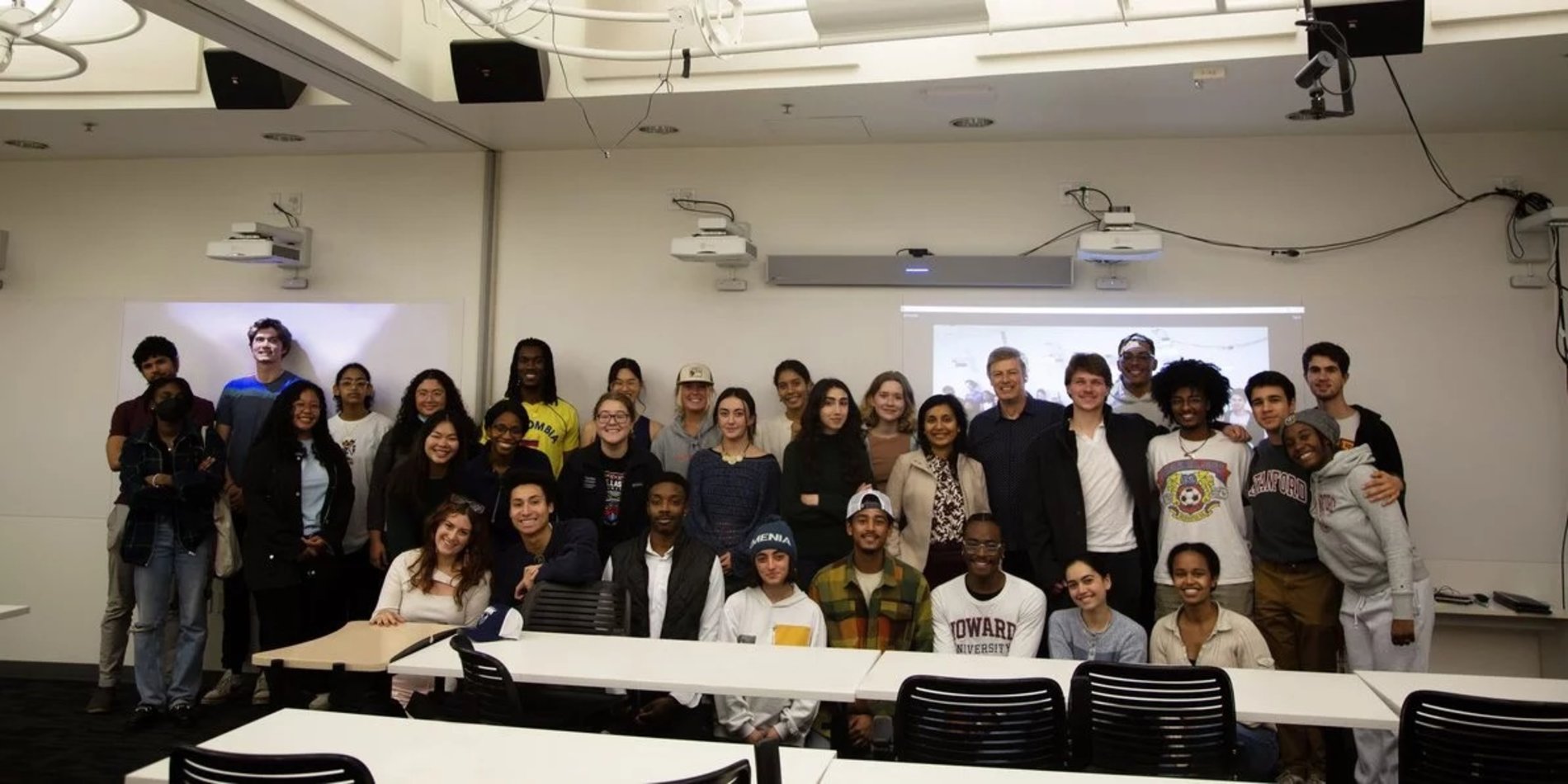Energy Internet of Things
BOULDER, Colo.--(BUSINESS WIRE)--SunTech Drive is pleased to announce a new collaboration with both Stanford University and Google. The project is tied to the Department of Energy’s NODES (Networks of Distributed Energy Systems) initiative. The objective is to coordinate and control consumer loads and distributed energy resources (DERs) out to the absolute edge of the grid. SunTech Drive’s Pico family of universal variable speed motor controllers will be the end nodes driving each of the individual loads, upgrading installed systems to “smart” loads.
SunTech’s products offer full Internet-of-Things and solar ready variable frequency drives that will work with any electric motor regardless of voltage, frequency or phase. These universal motor controllers also support multiple analog and digital sensors making every motor an intelligent distributed energy end node. These products are deployed around the globe in applications including livestock cooling, water pumping and oil and gas installations."I am glad that SunTech Drive joined Stanford University and Google in this DOE funded initiative to advance the state of the art in the area of distributed energy systems. The envisioned technology could revolutionize the IoT control in the domain of electric motors, by enabling a bi-directional, cloud-based communication and control for a wide variety of residential and industrial loads," said Ana Radovanovic, Research Scientist at Google.
“We are very excited to be partnering with SunTech Drive to develop the higher level software architectures that will leverage their Pico controller architecture at the end node,” said Ram Rajagopal, associate professor at Stanford University.
The project will also involve developing mechanisms for electric utilities to interact with individual loads using metadata schemas for both demand reduction and diversion load control.
“We are very excited to be partnering with such notable partners on a project with vast implications for the future of the grid,” said John LoPorto, Chief Executive Officer of SunTech Drive.



